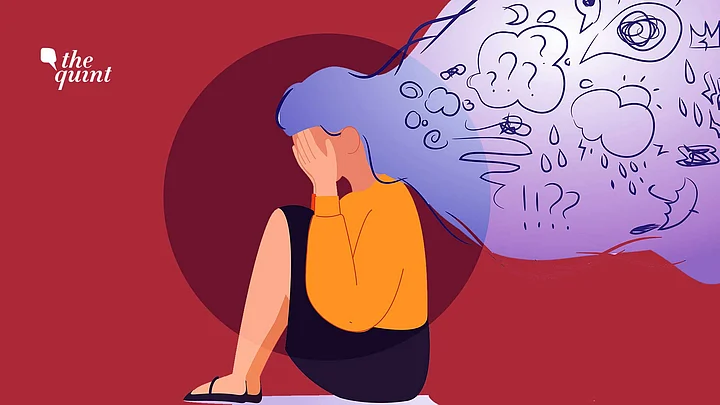During the COVID-19 pandemic, our existence now isn’t about swinging between what we want and what we need, but navigating through losses, human emotions, falling, loving and hoping again.
I asked someone, “How are you?” He looked at me with misty eyes and said, “I don’t like anything”, “nothing gives me happiness”. Very cautiously, he didn’t say that there is no meaning anywhere, but rather that he didn’t like anything. His words didn’t haunt me, but they made me realise how empty the meaning or implication of the phrase “how are you” has become these days. As the COVID-19 pandemic shapes almost everything about our mundane existence, it is also changing the meaning of speech, words, acts, and of course silence, too.
How Are You? From Courtesy to Namesake
The question is almost always used as a courtesy without much intent for the knowledge or the patience to hear the response. People need to learn to articulate and rationalise the response to “how are you?” beyond just the one-line response of “I am …”
It is only when we begin to dig deeper into the rationality of our being or ‘am-ness’ that we are faced with reality. While trying to survive the pandemic, we thank ourselves that we didn’t lose anyone, and thank the fact that this could have been worse, but wasn’t.
As philosophers, we think we should stop asking people, how are you? For many of us, this question brings back baggage — baggage of loss, memories unfulfilled hopes, and above all, finitude. The world, though it has endless opportunities and hopes in our imagination, is one that is contained, in reality, by boundaries and limitations.
These days, the answer to this question throws up multiple stories from our past as well as our present. It’s not to do with mere titling or naming of emotions, but with the state of explaining the emotions, feelings of joy, happiness, sadness or even grief. This state of vocalising our state of being is a story of incompleteness, a story of empty words, and above all, a story of contingency.
What’s unique is that this story hinges on the possible futures and creates a world of hope. It is like a work-in-progress piece of artwork, a story yet to be finished. At one instant I may be happy and joyous as I receive or accomplish something, yet, at the very next moment, I might be filled with grief upon receiving some sad news. It is an emotional rollercoaster with highs and lows, ups and downs, and all that contributes to the richness of our lives.
Living like a Silkworm
While trying to answer this question and creating this world of hope and possibilities, we become a silkworm that is slowly crawling on the leaf to create something, only to find that a heavy downpour of rain is asking us to begin again. We build up that stack of cards into a palace, only for it to be broken down and to start again.
Before we begin again, the question and the state of our being haunts us. We take that rock up the hill, just like Sisyphus, only for it to be rolled down again. Take, for example, the case of doctors and people working on the ground, hospitals. Despite uncertain conditions or changes in the pandemic’s trajectory, they continue to put in their blood, sweat and soul, in hope of some life, laughter and after within. This question doesn’t give us chills down our spine but makes us stare at an abyss, only to have realised that it doesn’t answer back.
These days, the answer to the question “how are you” entails a life of human emotion with no closets, sometimes also grieving in an arbitrary manner. This loss of words and emotions isn’t only the loss of love, warmth and safety, but also of direction. Often, our chest is puffed with pain, but we have nowhere to go.
Often, this question travels back to us while we are watering our plants or taking a walk in our garden, and it hits us like a storm, right in the face, leaving us with fresh air. It comes to us while we are engaged in the most routine, mundane tasks of our daily existence. It makes our eyes misty while humming a song, while browsing our gallery. It sticks, as if summing up my favourite song — “Mann Kasturi re, jag dasturi re, baat huwi na poori re” (The heart is like the Kasturi, the musk deer that goes mad searching for the scent of musk around it, not realizing that the essence comes from within. It doesn’t get closure).
(The authors are Philosophers and teach at the OP Jindal Global University. This is an opinion piece and the views expressed above are the author’s own. The Quint neither endorses nor is responsible for the same.)
(At The Quint, we question everything. Play an active role in shaping our journalism by becoming a member today.)
